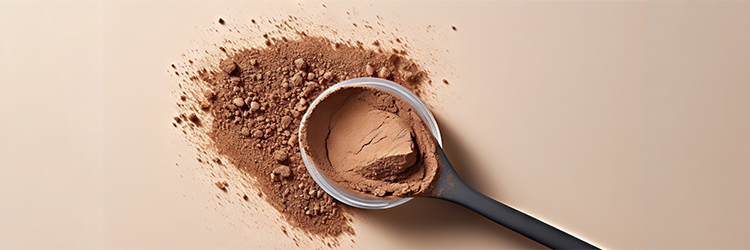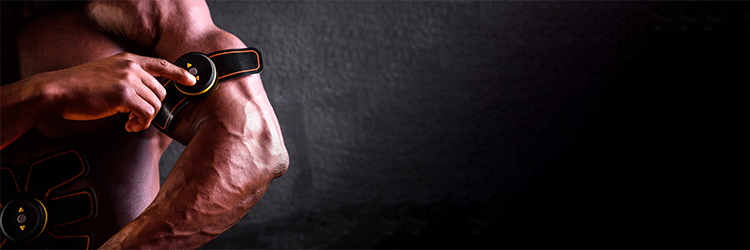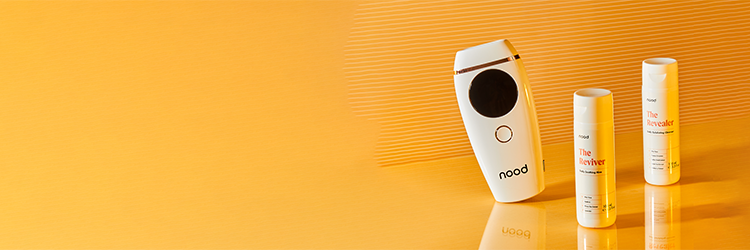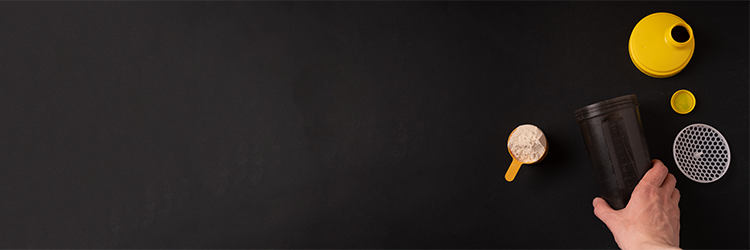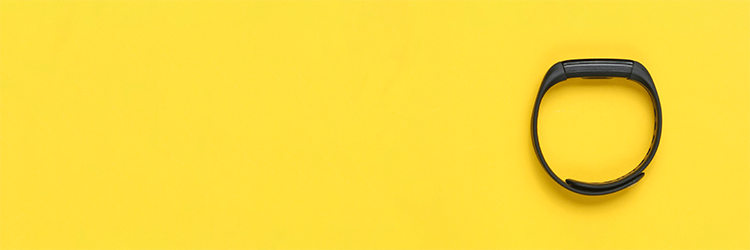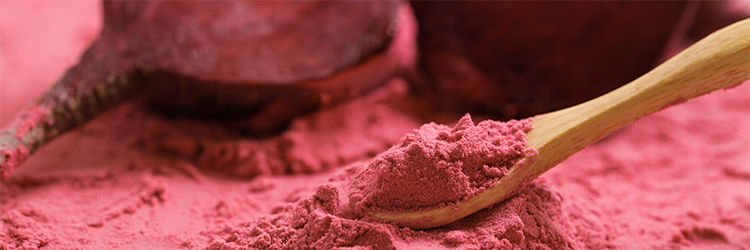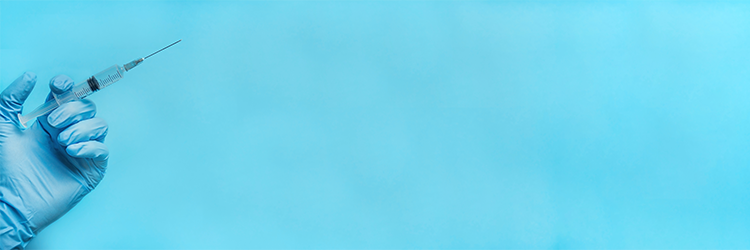
Nutrition Response Testing (NRT) is a diet-based model for resolving chronic health issues. According to the founder's website, it's a "non-invasive system of analyzing the body in order to determine the underlying causes of ill health."
But how does Nutrition Response Testing actually work? Is it proven to work in medical studies? What are some alternatives that patients can consider? And what does a Nutrition Response Testing treatment session look like?
In this article we'll answer all of these questions and more, as we explain what Nutrition Response Testing is and how it's proposed to work.
We'll search for evidence of its effectiveness in medical journals, share our concerns, and feature videos of real people receiving Nutrition Response Testing treatment sessions.
Key takeaways:
- Lacks scientific backing
- One study found NRT to be no more effective than "random guessing"
- Working with an RD is a more logical approach
What is Nutrition Response Testing?
Nutrition Response Testing, also called applied kinesiology, has become popular in the alternative health provider circles as well as “natural” chiropractic offices. We put natural in quotes in this context because it’s an unregulated and clinically meaningless term.
The process involves a “health practitioner” who’s usually not a Medical Doctor applying pressure to various parts of the body and assessing “weaknesses." This seems to us to be a subjective and unscientific process.
The Nutrition Response Testing “specialist” then prescribes a diet to the patient, often with supplements and food concentrates, which is thought to improve their condition and resolve their chronic health issues.
The Nutrition Response Testing website linked in the intro to this article states the following without any research citation or proof: "Each area that gives a response represents a specific organ, tissue, or function, and indicates the effect that energy, or the lack of energy, is having on the body."
Put simply, Nutrition Response Testing seems more like magical healing than an evidence-based practice.
Is NRT Proven to Work?
We can't locate any medical studies showing that NRT is effective.
A 1988 found that NRT was not effective, and the study authors concluded the following:
"...the results of this study indicated that the use of applied kinesiology to evaluate nutrient status is no more useful than random guessing."
There is also no logical reason that pressing on people’s skin would confer knowledge of their nutritional deficiencies.
It's impossible to determine nutritional state from outward appearance or touch outside of rare medical conditions such as jaundice which can turn skin yellow.
The most popular websites describing their Nutrition Response Testing practice, which we won’t link to because we don’t wish to support their practice, don’t explain how this process works biologically.
We strongly believe that it's unethical to profit from people desperate for answers to their chronic health problems, without any research-based proof of efficacy.
Real People Try NRT
A YouTube video from the "High Point Health" channel features an NRT session and has over two million views:
A TikTok creator named Jacque Dalton shares her experience with Nutrition Response Testing:
Alternatives to NRT
Dealing with a chronic health condition can be frustrating, and we empathize with patients going to such lengths to try and treat their condition(s).
In many cases, conventional medicine isn’t structured to solve complex, multifactorial problems, moreso to treat symptoms, but there are still objectively superior solutions to Nutrition Response Testing in our opinion.
Nutritional deficiencies, which Nutrition Response Testing seeks to resolve, are easily detectable with standard blood tests ordered at a doctor's office.
Even a standard blood panel tests for many vitamins and minerals, and there are more advanced blood panels like intracellular nutrient testing which can uncover deficiencies to a more accurate degree.
As an example, magnesium is a mineral that’s incredibly important to human health, but a standard blood panel only tests for magnesium levels in blood.
This is an outdated and suboptimal way to test for magnesium, because most of this mineral is stored in tissue and bone (greater than 99% according to ). An intracellular nutrient test could uncover low magnesium levels that a standard blood panel may not.
We recommend that patients with chronic health issues speak with their doctor about nutrient testing that may uncover root causes of health issues.
To solve a complex health problem, it helps to have as much information about your current health state as possible, and that information can be obtained through standard medical testing.
Can RDs Resolve Deficiencies?
Another option that patients should consider when attempting to resolve nutritional deficiencies is to work with a Registered Dietitian (RD).
The Academy of Nutrition and Dietetics maintains a database of RDs in the U.S. Patients can enter their ZIP code and find an RD in their area.
RDs are trained to work with patients and create an individual dietary strategy that will improve their health. They can work with a patient's doctor to order and interpret lab tests related to nutritional status.
We believe that partnering with an RD would be a greatly superior solution to working with a "Nutrition Response Testing expert," and RDs are covered or subsidized by health insurance in some cases.












































































